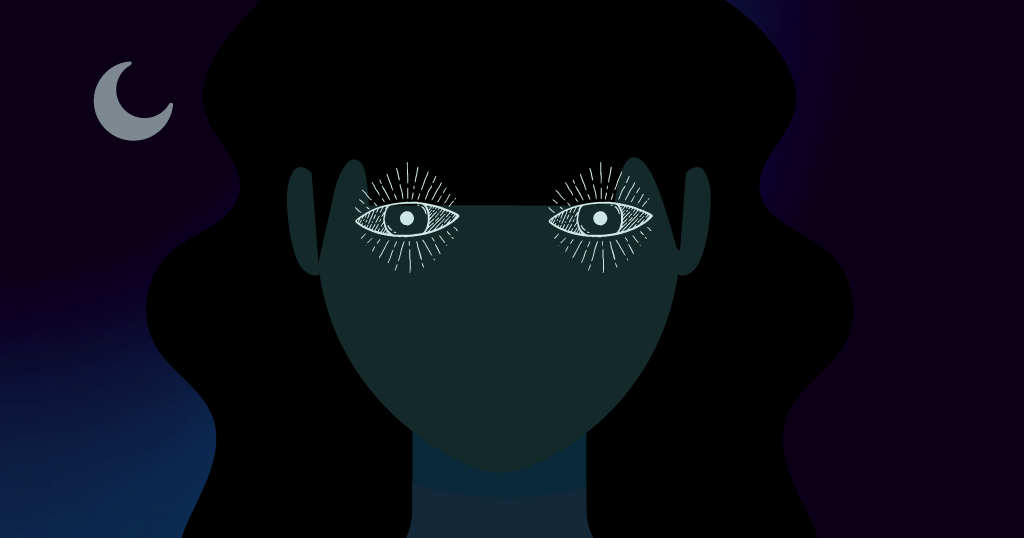(Updated April 2024.) In 2013 I began thinking again about a phenomenon I first experienced at the nadir of my health woes in my early thirties, and several times since. I wondered briefly about it each time it happened, but was too beleaguered and distracted to dwell on it.
On several occasions I developed noticeable, seemingly alarming symptoms over a short period of time that were visible to others, but not one person ever mentioned them to me. Twice I developed slurred speech, stammering, and word loss. For a while my memory was so bad I couldn’t repeat a telephone number back to you or remember articles I had edited two months before. I also once gained 21 pounds in six weeks (a 15% weight gain).
I do not recall anyone saying anything. Not my closest friends, not family members, not medium-close friends or friends at work, not coworkers or bosses or mentors, and not doctors. It’s not like I had a small social group. I had several sets of friends and several groups of family members I visited, and I worked in busy offices where I interacted with dozens of people every day.
Feedback expectation –> perception gap
Because of this lack of feedback, I concluded these issues must not be that bad. Later I decided they were in fact really worrisome and that I had to correct my perception of what a support network is and does.
What even is a support network?
It was disturbing knowing that whatever questions my behavior raised were asked behind my back, with no input from me. I had no idea if that behavior was a factor in employment offers or project assignments or social invitations or lack thereof.
Obviously some friends were going through their own shit or had distractions of their own, but still. Your support network, or whatever you call the group of people you think will tell you when you’re walking funny and have weird marks on the back of your neck after aliens abduct you and wipe your memory, should be tight enough that they don’t all fail you at once.
I always prided myself on my “nice” friends, but now I think they are not the people you want around when things go bad. For one thing, they might be your friends only because they’re too nice NOT to be your friend. They don’t cull their social contacts enough. Or because they want to be perceived as a nice person and don’t even think about what they actually want in a friend.
Inventory of tell-it-to-me-straight peeps
I did an inventory of all the friends I’ve had that I could trust to tell me something unflattering about myself without being mean-spirited. There have been 2.5 and, much later, one acquaintance. The friends were 1,500 miles away during the aforementioned episodes.
Friend 1 would not hesitate to tell me if I was handling a situation gracelessly. As in, “You’re being an asshole.” I’m guessing whatever reticence she had was burned away after giving birth to five kids in seven years.
Friend 2 gave me feedback that would’ve been helpful a lot earlier and that I’m still grateful for, as in, “People think you’re weird when you do that.” Later I suggested it was time she considered an eyeshadow color other than sparkly turquoise. (It wasn’t as snarky as it sounds.) “This might be the beginning of a beautiful friendship,” she said.
Friend 2.5 could be trusted to tell me something bad but only if it related to my physical appearance. As in, “That dress is not bohemian, it’s Dust Bowl.”
The acquaintance, my former concierge doctor, told me something blunt at our very first appointment that made me think, “Damn, bitch.” Then I remembered that that’s the type of thing I’d been looking for and I laughed at myself.
Friend 2 turned out to be on the lam from embezzlement charges. Friend 2.5, although now a respectable citizen, in high school removed all the PCs from the computer lab, loaded them into a pickup, and dumped them in a ravine. Make of that what you will.
_______________
This content was first published in June 2013 and updated in April 2024.

Marjorie R.
Marjorie is the creator of AvoidingRx.com, a record of her and her guest authors’ experiences with non-prescription health solutions. She is a third-generation nutritional-therapy self-experimenter.





